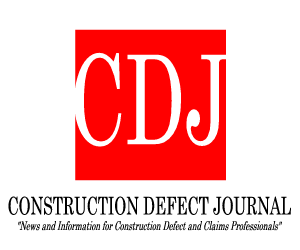
The case arose from a construction defect dispute between the City of Aspen and the Burlingame Ranch II Condominium Owners Association.
On June 17, 2024, the Colorado Supreme Court delivered a significant opinion in the case of City of Aspen v. Burlingame Ranch II Condominium Owners Association (Case No. 22SC293). This decision provides crucial guidance on the interplay between the Colorado Governmental Immunity Act (“CGIA”) and the economic loss rule in the context of construction defect claims.
Background of the Case
The case arose from a construction defect dispute between the City of Aspen, which served as the developer and declarant for the affordable housing condominiums at issue, and the Burlingame Ranch II Condominium Owners Association, the HOA created by Aspen to manage the association after the period of declarant control. The Association alleged that Aspen breached various warranties related to the construction of affordable housing units, leading to structural deficiencies. Aspen argued that the CGIA barred these claims because they could lie in tort.
The Lower Court’s Decision
The district court initially agreed with Aspen, holding that the Association’s claims sounded in tort and were therefore barred by the CGIA. The court relied on the principle that governmental immunity protects public entities from liability for claims that ‘lie in tort or could lie in tort,’ as established by the CGIA.
Mr. McLain may be contacted at mclain@hhmrlaw.com




